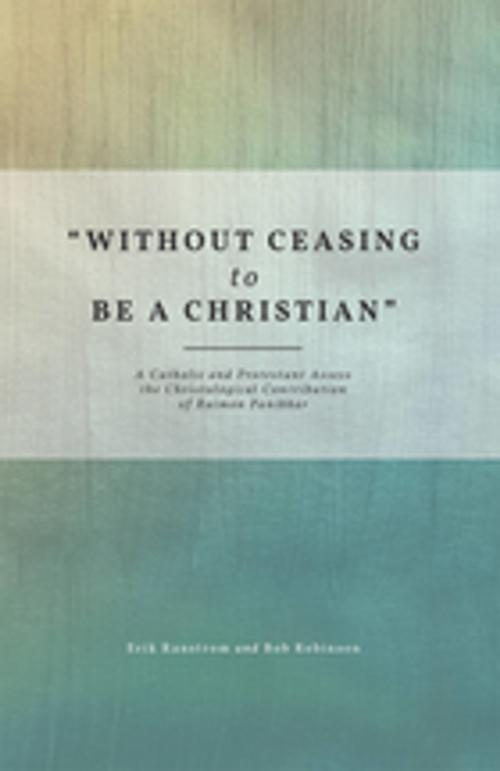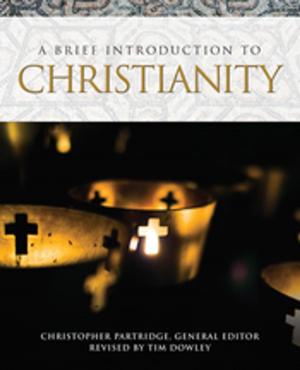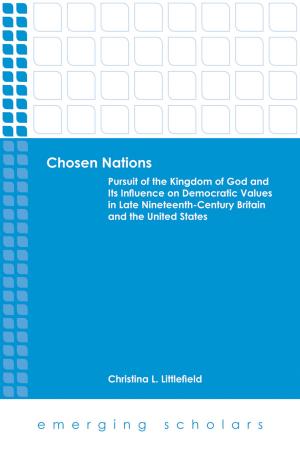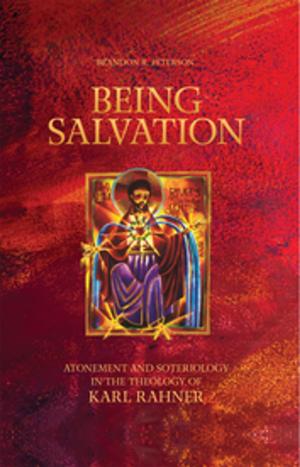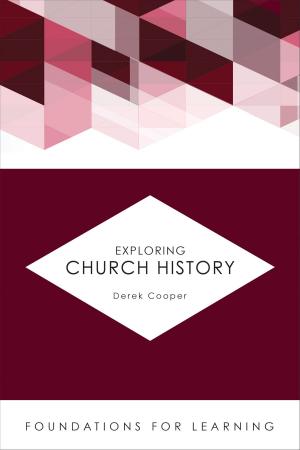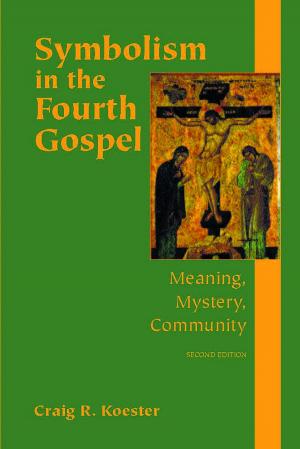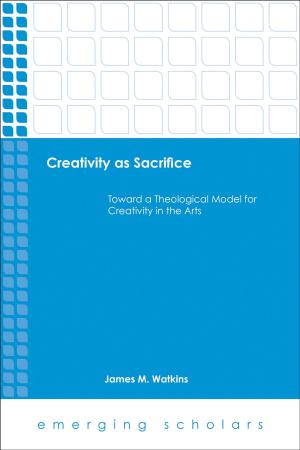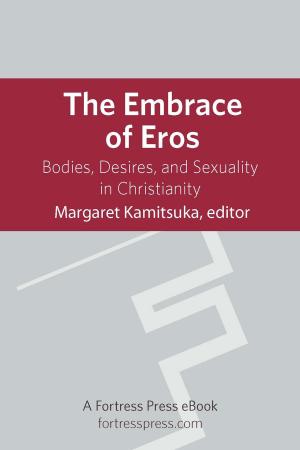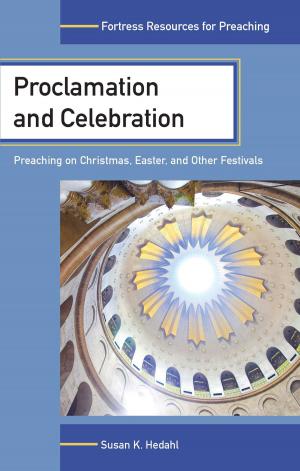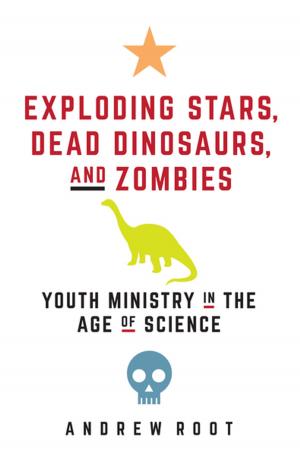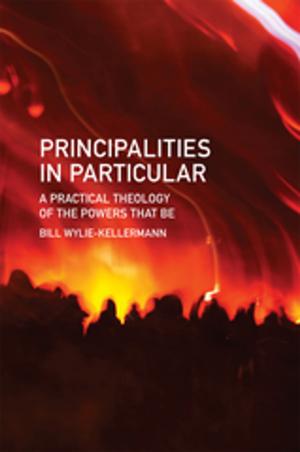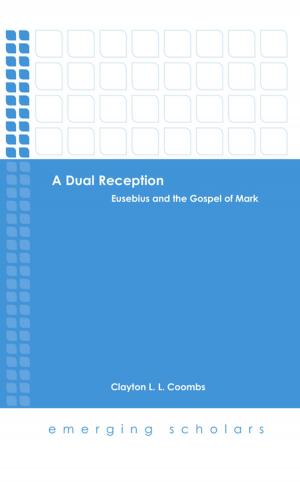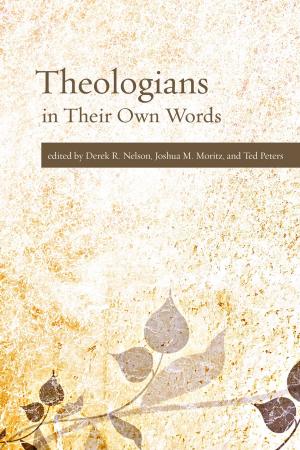"Without Ceasing to be a Christian"
A Catholic and Protestant Assess the Christological Contribution of Raimon Panikkar
Nonfiction, Religion & Spirituality, Theology, Christianity| Author: | Erik Ranstrom, Bob Robinson | ISBN: | 9781506418551 |
| Publisher: | Fortress Press | Publication: | December 1, 2017 |
| Imprint: | Fortress Press | Language: | English |
| Author: | Erik Ranstrom, Bob Robinson |
| ISBN: | 9781506418551 |
| Publisher: | Fortress Press |
| Publication: | December 1, 2017 |
| Imprint: | Fortress Press |
| Language: | English |
Since his death in 2010, there has been continuing and growing interest in the life, vision, and thought of the late Spanish-Indian mystical theologian Raimon Panikkar. This volume offers a descriptive and critical assessment of Panikkar‘s life and extensive writings about Christ. The chapters by Erik Ranstrom describe the intellectual and ecclesial development of Panikkar amidst his vast corpus, offering a sympathetic but not uncritical evaluation of his legacy and influence. Ranstrom retrieves Panikkar‘s early Christology as a key to overcoming various impasses in the theology of religions today. Robinson‘s chapters introduce an ecumenical and Protestant perspective, including Panikkar‘s reception in Protestant circles. Robinson also compares and contrasts Panikkar with a range of Indian theologians, both Catholic and Protestant, writing in India during Panikkar‘s time there and suggests the possibilities of mutual enrichment. The authors‘ intention is to provide an accessible journey into the fascinating and intimidating world of Panikkar‘s thought. The conclusion features an ecumenical dialogue between Ranstrom and Robinson, as both scholars seek to further understand and learn from each other‘s perspectives on this pioneer of interreligious spirituality and theology.
Since his death in 2010, there has been continuing and growing interest in the life, vision, and thought of the late Spanish-Indian mystical theologian Raimon Panikkar. This volume offers a descriptive and critical assessment of Panikkar‘s life and extensive writings about Christ. The chapters by Erik Ranstrom describe the intellectual and ecclesial development of Panikkar amidst his vast corpus, offering a sympathetic but not uncritical evaluation of his legacy and influence. Ranstrom retrieves Panikkar‘s early Christology as a key to overcoming various impasses in the theology of religions today. Robinson‘s chapters introduce an ecumenical and Protestant perspective, including Panikkar‘s reception in Protestant circles. Robinson also compares and contrasts Panikkar with a range of Indian theologians, both Catholic and Protestant, writing in India during Panikkar‘s time there and suggests the possibilities of mutual enrichment. The authors‘ intention is to provide an accessible journey into the fascinating and intimidating world of Panikkar‘s thought. The conclusion features an ecumenical dialogue between Ranstrom and Robinson, as both scholars seek to further understand and learn from each other‘s perspectives on this pioneer of interreligious spirituality and theology.
